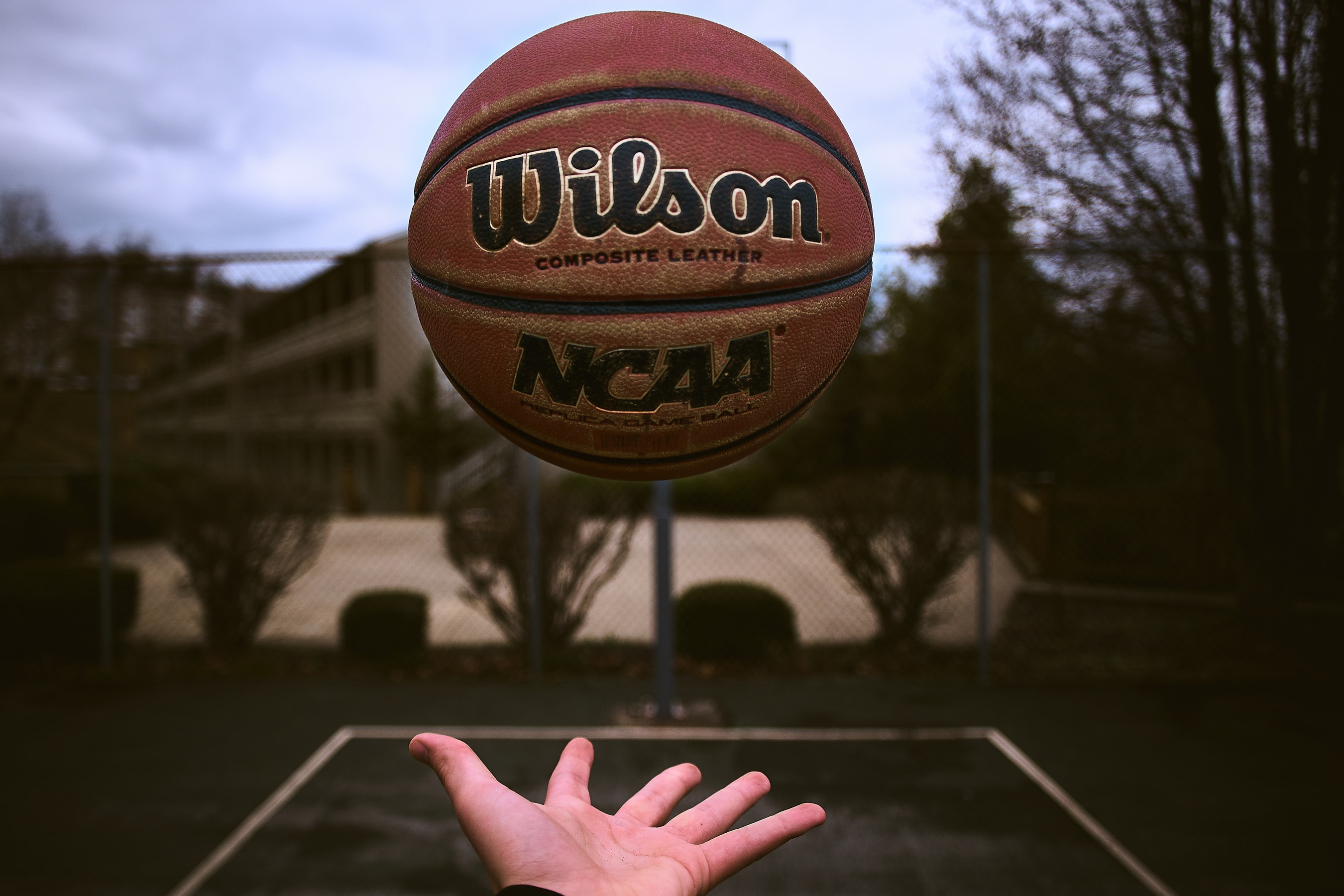Over the years, I’ve heard countless stories from retired athletes about their struggle after sports. Many of them fell into depression, anxiety, and some were suicidal. It’s actually more common than people realize. Mental health issues during the transition after sports are a very real and significant problem that needs more attention.
The battle in life after sports is a fight often unseen.
As I shared in the Athlete Mental Health Playbook, “Rings, trophies, and memories fade. Athletes still have a life to live after all is said and done in their downtime, during the offseason, and eventually in retirement.”
However, this is a reality that not every retired athlete is ready to face. For most athletes, their sport has always been there as a constant companion, a shoulder to lean on, a source of empowerment, a place of camaraderie, an outlet for their problems, endless opportunity, and a large part of who they are and their lifestyle.
When an athlete leaves his or her sport, they may feel unprepared and unsupported. One athlete described it as returning to “civilian life” with no direction and a void to fulfill.
In retirement, athletes face numerous challenges. Among them are questions of identity and transition.
Top 15 questions retired athletes have:
- Is it normal to go through a mourning period once your playing days are over?
- Who am I now that I’m not playing?
- What’s next and what steps should I take?
- How will I make money now?
- What can I do to structure my finances?
- Where will I find a support system now that trainers, coaches, teammates, and others aren’t there?
- Where do I fit in? Am I no longer important?
- Am I a failure?
- What else am I good at?
- How should I structure my free time now that I don’t have a specific schedule?
- Where else can I find an outlet for my stress?
- Will I ever find something else that I’m as passionate about?
- What’s my purpose now?
- How can I adapt to a new family and social routine?
- How do I take care of my health and fitness now?
Keys to the game:
- Begin working on your life after sports plan early. Remember, you’re far more than an athlete and you have limitless potential.
- Secure a support team to help with the transition. If possible, do so before your playing days are over.
- Be patient. If you’ve always been an athlete, it will take time to adjust to no longer actively competing in a league. Also, don’t rush into things just to fill the void.
- Incorporate a mindful meditation practice into your daily schedule. Inner stillness can help you manage stress and anxiety as well as allow you to get to know yourself better so you can successfully navigate changes.
Would you like help with your transition into life after sports? Contact us about one-on-one VIP coaching and customized transition programs or learn more about our services.

